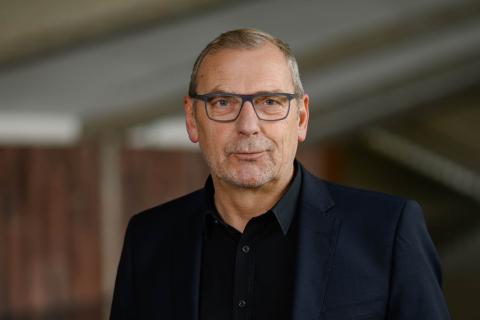Back to the Future: The Refeudalization of Modern Capitalism
In several Western societies, a social transformation is currently under way, installing ‘neo-feudal’ privilege for the upper classes, while precarious social groups experience impoverishment and exclusion. In explaining these new forms of polarization, recent research speaks of the emergence of estates-based consolidation of social inequality, contrary to all modern promises of status competition and social mobility. The rise of a financial-market capitalism that has substantially transformed economic, political, and social institutions has apparently also brought back social patterns of distributing wealth, income, and power characteristic of the pre-modern era, albeit in an updated form. Referring to an analytical concept originally introduced by Jürgen Habermas in his famous study, the Structural Transformation of the Public Sphere, the presentation examines the current transformations of social inequality and the economic sphere as a ‘refeudalization’ of modern capitalism. The analytical concept of ‘refeudalization’ describes a paradoxical social dynamic of the present in which modernization takes place as a break in the continuity of the modern social order. By generalizing ‘refeudalization’ for the sociological investigation of modern capitalism as a whole, a paradoxical mode of social change will be described, that leads to pre-modern societal patterns as a result of modernization.
Sighard Neckel is professor of Sociology at the Department of Social Sciences at the University of Hamburg and spokesperson of the Humanities Centre for Advanced Studies “Futures of Sustainability”. Before taking his chair at Hamburg University, he held professorships for sociological theory at the Goethe University Frankfurt and the University of Vienna and was research director at the Frankfurt Institute for Social Research. He took up visiting professorships in the US, South Korea, Japan, Australia, Poland, Switzerland and Greece. His research covers a wide range of sociological topics in the fields of social inequality, economic sociology, cultural studies, social theory, and sociology of emotions.



